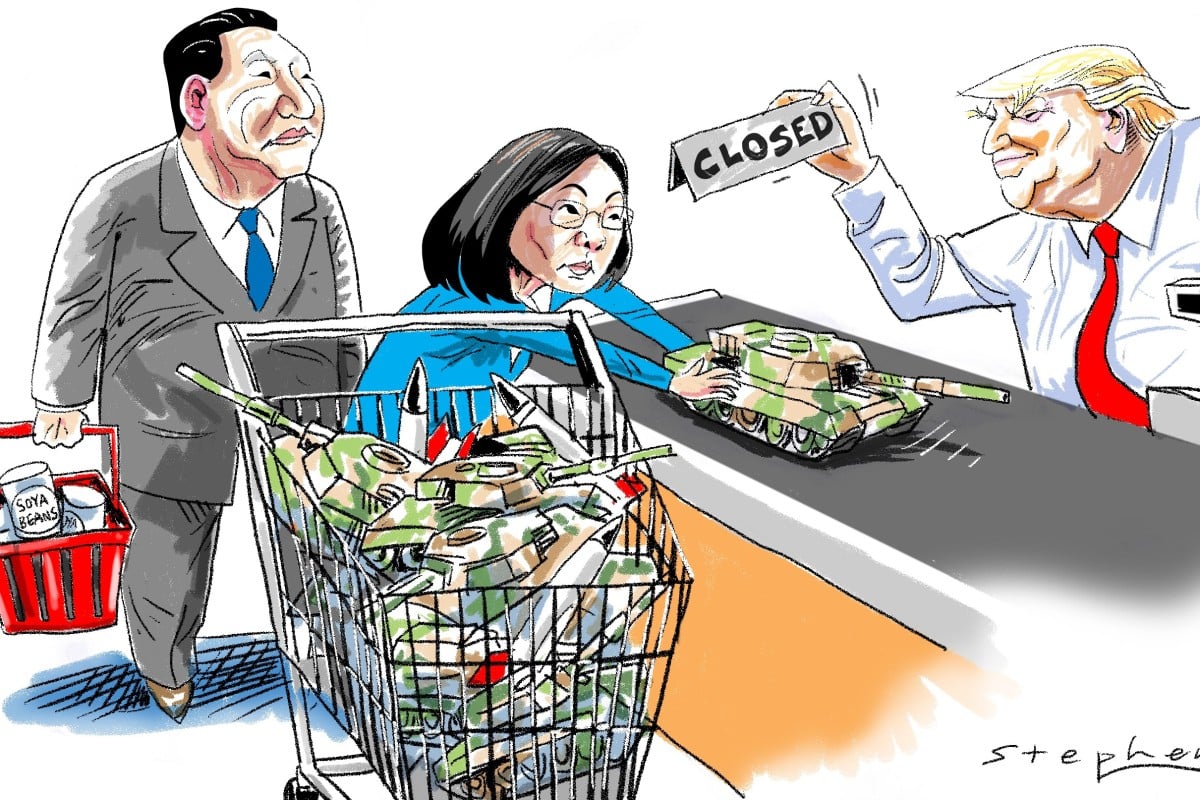
Over 100 American experts, including scholars and former government officials signed an open letter addressed to US President Donald Trump and members of Congress earlier in July, which said making China a US enemy is counterproductive. Those experts are undoubtedly part of the US elites, therefore the stance of the letter is completely American, yet they advocate a different policy on China from that of US radical scholars and politicians. Beijing and Washington are in a stalemate of an unprecedented trade war. The two countries are competing far beyond the domain of economy. There are voices in both countries calling for an uncompromising fight to defend their own interests.
But China and the US are both major powers with sufficient room for economic maneuver, and both have nuclear weapons. The trade war in the past year and their strained ties have proven once again that it is unrealistic for either side to crush the other’s will. Both of them can afford an all-around trade war and the related losses. But trade war is a lose-lose contention which will exhaust resources for both sides.
Various problems and frictions will continue to exist between China and the US. However, rationality can help bilateral relations to move forward and overcome any divergence. If rationality is marginalized, even a small problem could be infinitely magnified and becomes the focus for both sides to compete their will, creating a severe crisis which is far from the origin.
It is easier for the two countries to realize maximum benefits in a win-win way. Mutual compromise often yields more benefits than confrontation.
China-US ties are haunted by misunderstandings. An accurate mutual understanding is the basis to reduce strategic mistrust between Beijing and Washington. The Chinese are aware of the differences between China and the US. The differences in politics and ideology are not the real thread of contradictions between China and the US or the West.
Beijing doesn’t have the motivation to export its ideology and values, nor does it have the will to overthrow the current international order. China integrates with the world by conducting win-win cooperation with other countries rather than by intimidating them. The external containment can make some temporary troubles for China in economic development, but the internal dynamic of China’s economy is far greater than the external obstacles. Anyone who is objective won’t doubt the unstoppable trend of China’s economic advance.
It seemed that in the past year, the US has been determined to hinder China from developing by cracking down on Chinese high-tech industries and changing China’s development mechanism. Do we misunderstand the US policy toward China?
Both sides obviously need to relieve mutual suspicion through having more profound strategic dialogues and showing goodwill in action.
At a time when the trade war between Beijing and Washington continues and their frictions emerge constantly, it does not seem easy for rationality to play a stable and leading role in bilateral ties, because the rationality cannot exist unilaterally and it can only be achieved through mutual interaction. In this context, the consensus reached by the two state leaders at the G20 summit in Osaka serves as the anchor for diplomatic rationality. It is hoped the two countries can firmly grasp the anchor, so that the bilateral ties can be increasingly rationalized and overcome various impulses.

Leave a Reply
You must be logged in to post a comment.